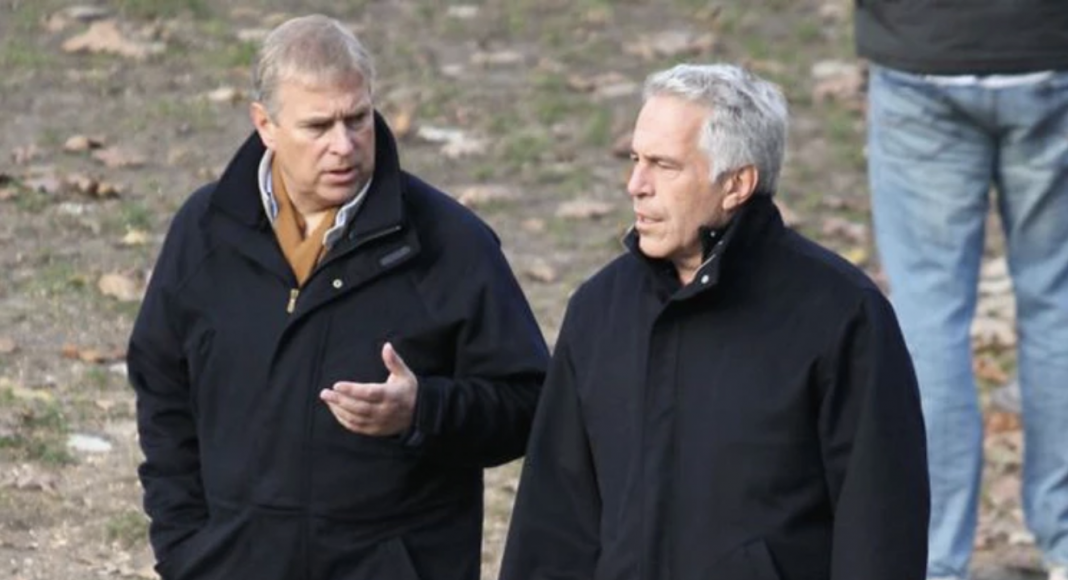The Duke of York says he is stepping back from royal duties because the Jeffrey Epstein scandal has become a “major disruption” to the Royal Family.
Prince Andrew, the namesake of his paternal grandfather Prince Andrew of Greece and Denmark, said he had asked the Queen for permission to withdraw for the “foreseeable future”.
He said he deeply sympathised with sex offender Epstein’s victims and everyone who “wants some form of closure”.
Companies he has links with, such as BT and Barclays, have joined universities and charities in distancing themselves from him.
For several months the duke had been facing questions over his ties to Epstein, who took his own life in August while awaiting trial on sex-trafficking charges.
Virginia Giuffre, one of Epstein’s accusers, claimed she was forced to have sex with the prince three times. The duke has always denied any form of sexual contact or relationship with her.
His latest move, described by Buckingham Palace as “a personal decision”, was taken following discussions with the Queen and Prince Charles.
“His suicide has left many unanswered questions, particularly for his victims, and I deeply sympathise with everyone who has been affected and wants some form of closure.
“I can only hope that, in time, they will be able to rebuild their lives.”
He added that he was “willing to help any appropriate law enforcement agency with their investigations, if required”.
BBC royal correspondent Daniela Relph said his latest statement was “completely different in tone” to his recent TV interview and had “addressed all the issues that he’d been criticised for”, including offering sympathy to Epstein’s victims.
She described his decision to step back as a “drastic” move but said “the rumours that had been circulating had been really difficult for the Royal Family to manage”.
The duke was pictured with 17-year-old Virginia Giuffre in Ghislaine Maxwell’s London home in 2001
In his interview with the BBC’s Newsnight on Saturday, the duke said the “opportunities I was given to learn” about business meant he did not regret the friendship with Epstein, although he said meeting him for a final time in 2010 was “the wrong decision”.
He said he had met Epstein “through his girlfriend back in 1999” – a reference to Ghislaine Maxwell, who had been a friend of Prince Andrew since she was at university.
Since the interview, a letter written in 2011 to the Times newspaper by Buckingham Palace has emerged, saying they met in the early 1990s.
This is without precedent in modern times. Prince Andrew’s public life is over for now. The statement says the withdrawal is “for the foreseeable future”. But it’s difficult to see what will bring him back.
The interview is almost universally seen as a mistake. It was a disaster. But it may have seemed a good idea at the time.
There’s talk of a lack of grip at the Palace, but Buckingham Palace is not like a company or a government department, with reporting lines and a chain of command. For centuries princes have gone their own way.
There are lots of questions – about money, titles, military commands, patronages, about how this might speed reform, and of course about whether Prince Andrew still has a part to play in helping with investigations into Epstein, and helping Epstein’s victims find answers.
But right now the humiliation is complete. Born into the public eye, Prince Andrew has had to retreat into a private life.
And the monarchy is shaken.
Sourced by: BBC News
